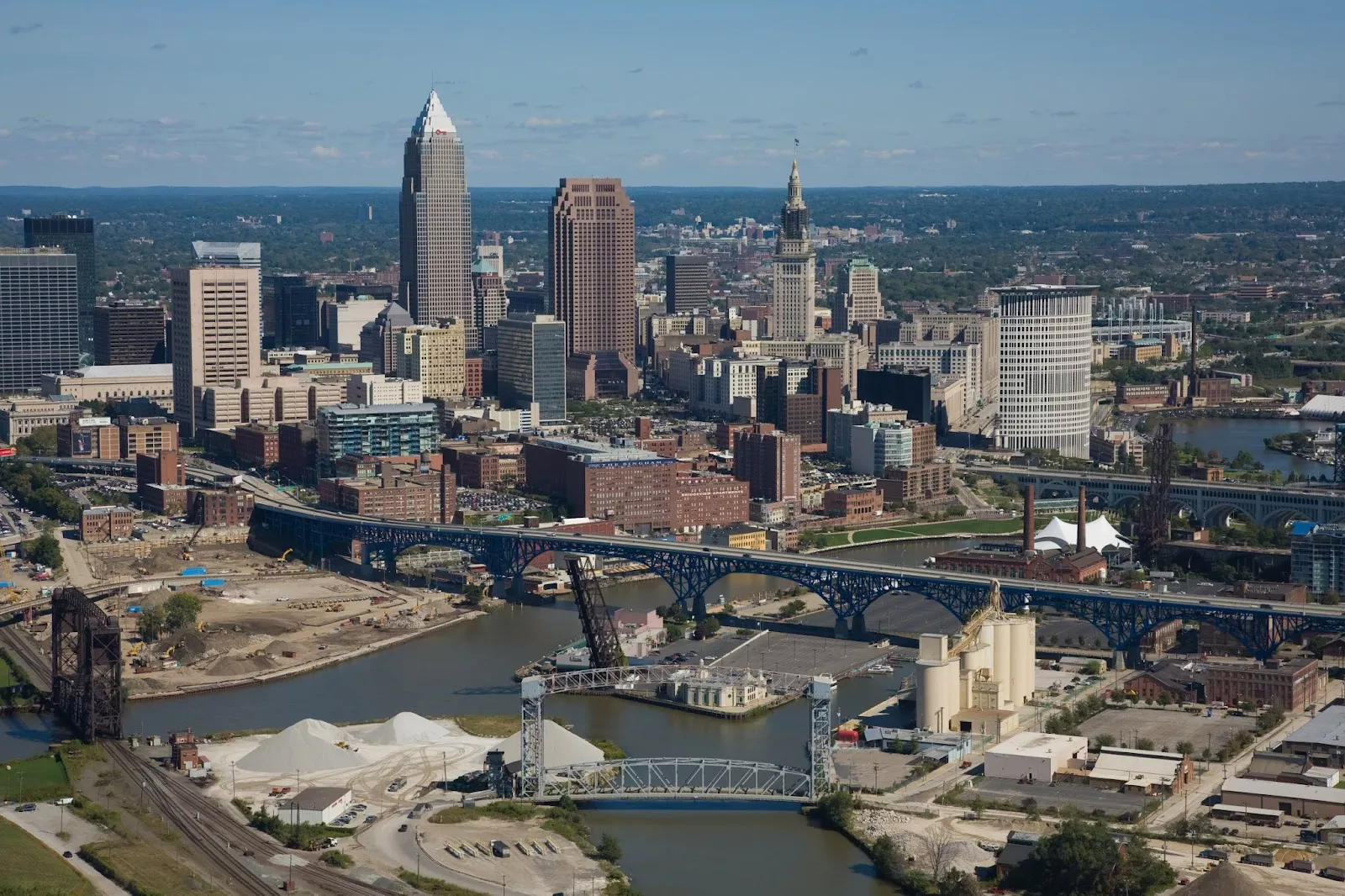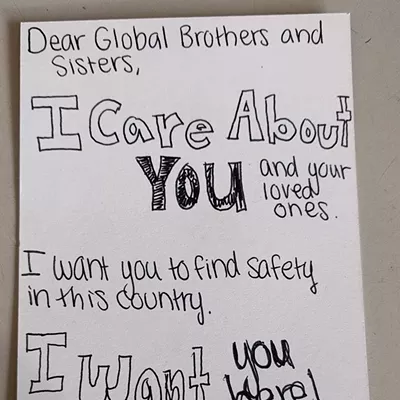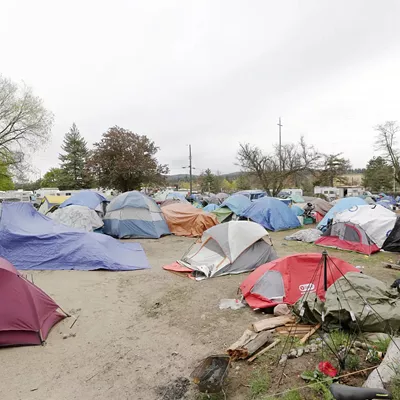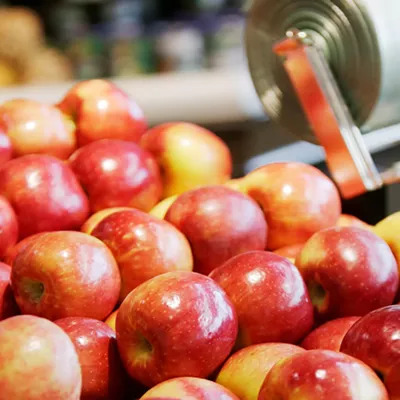Contested convention?
Some within the Republican Party are speculating about a muddled nomination process.
According to Ben Ginsberg, counsel for Mitt Romney's presidential campaigns in 2008 and 2012, the hype over a "contested" or "brokered" convention might be just that, though there's a chance that no candidate will enter the Republican National Convention, to be held July 18-21 in Cleveland, with a majority of delegates.
If that's the case, what's known as a contested convention — one where no candidate has the simple majority of delegates necessary to clinch the nomination — will make for an exciting first round of voting. If, after the first ballot, no candidate has secured a majority, the convention is considered "brokered," and delegates are free to pick whatever nominee they want.
The most recent brokered Republican convention was in 1948, when Thomas Dewey won the nomination after three ballots; he lost the November election to President Harry Truman. The most recent brokered Democratic convention was in 1952, when Adlai Stevenson was nominated, also on the third ballot. He lost to Dwight Eisenhower that November.
In an article for the Wall Street Journal, Ginsberg points to three places in the primary calendar that could lock down the nomination for one candidate: Super Tuesday on March 1, when 14 states will hold primaries or caucuses; Florida and Ohio's true winner-take-all contests on March 15; and the Northeast/Mid-Atlantic states' primaries on April 19 and 26.
Can Hillary lose?
From the way Republican candidates are talking, you would think that Hillary Clinton has the Democratic nomination in the bag. But the folks at FiveThirtyEight, a website dedicated to data analysis, believe that Bernie Sanders still has a chance in the Iowa caucus, which would spell trouble for Clinton's campaign.
For the past month, Clinton has held a substantial lead over Sanders in most Iowa polls, but according to FiveThirtyEight's calculations regarding presidential polling since 1980, only six of the 12 candidates leading the Iowa polls around this time of the year also won the caucus. Clinton lost in 2008, along with Howard Dean (2004), Mitt Romney (2008) and Herman Cain (2012).
What about Washington and Idaho?
The Evergreen State will hold its caucuses on Feb. 20 (Republicans) and March 26 (Democrats). Both parties will hold their primaries on May 24. Democrats will select 100 percent of their delegates in the caucus; Republican delegates will be split about 50/50 between the caucus and primary results.
As for Idaho, the GOP moved its February caucus to March 8, where it's now a primary, a switch that state Republicans hope will make them more consequential in the presidential nomination process. Bingham County Republican Chairman Dan Cravens tells the Idaho State Journal that the party believes the change will allow more people to participate in the nomination process. Idaho Democrats will continue to hold their caucus on March 22. ♦
Schedule
Feb. 1: Iowa (both Republican and Democratic caucuses)
Feb. 9: New Hampshire (mixed primary)
Feb. 20: Nevada (Democratic caucus), South Carolina (Republican primary), Washington (Republican caucus).
Feb. 23: Nevada (Republican caucus)
Feb. 27: South Carolina (Democratic primary)
March 1 (Super Tuesday): Alabama (Republican primary), Alaska (Republican caucus), American Samoa (Democratic caucus), Arkansas (open primary), Colorado (Democratic caucus), Georgia (open primary), Massachusetts (mixed primary), Minnesota (open caucus), North Dakota (Republican caucus), Oklahoma (Republican primary), Tennessee (Republican primary), Texas (open primary), Vermont (open primary), Virginia (open primary), Wyoming (Republican caucus)
March 5: Kentucky (Republican caucus), Kansas (open caucus), Louisiana (both primaries), Maine (Republican caucus), Nebraska (Democratic caucus)
March 6: Maine (Democratic caucus)
March 8: American Samoa (Republican caucus), Hawaii (Republican caucus), Idaho (Republican primary), Michigan (open primary), Mississippi (open primary)
March 12: District of Columbia (caucus), Guam (Republican caucus), Northern Marianas (Democratic caucus), Virgin Islands (Republican caucus)
March 13: Puerto Rico (open primary)
March 15: Florida (both primaries), Illinois (open primary), Missouri (open primary), North Carolina (mixed primary), Northern Marianas (Republican caucus), Ohio (mixed primary)
March 22: Arizona (open primary), Idaho (Democratic caucus), Utah (both caucuses)
March 26: Alaska (Democratic caucus), Hawaii (Democratic caucus), Washington (Democratic caucus)
April 5: Wisconsin (open primary)
April 9: Wyoming (Democratic caucus)
April 19: New York (both primaries)
April 26: Connecticut (both primaries), Delaware (both primaries), Maryland (both primaries), Pennsylvania (both primaries), Rhode Island (mixed primary)
May 3: Indiana (open primary)
May 7: Guam (Democratic caucus)
May 10: Nebraska (Republican primary), West Virginia (mixed primary)
May 17: Kentucky (Democratic Primary), Oregon (both primaries)
May 24: Washington (both primaries)
June 5: Puerto Rico (Democratic caucus), Virgin Islands (Democratic caucus)
June 7: California (both primaries), Montana (both primaries), New Jersey (mixed primary), New Mexico (both primaries), North Dakota (Democratic caucus), South Dakota (both primaries)
June 14: District of Columbia (both primaries)





















